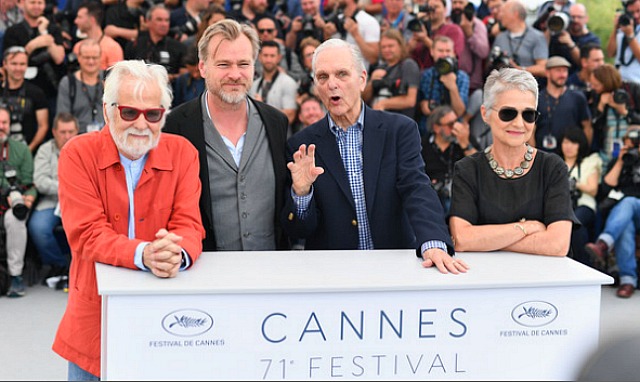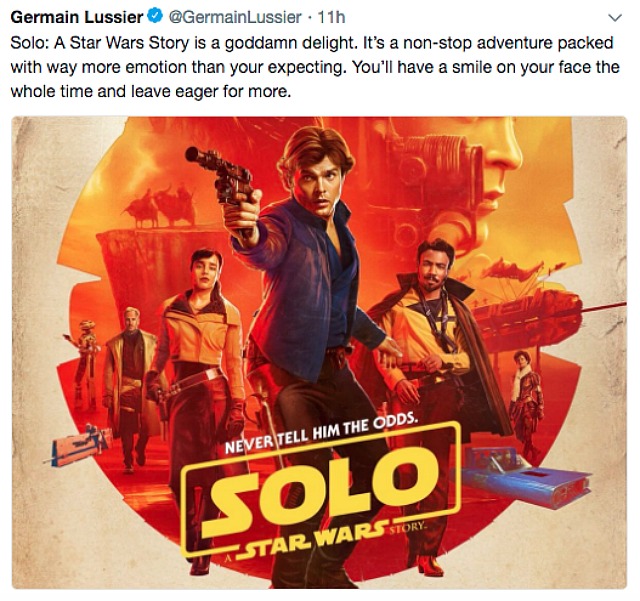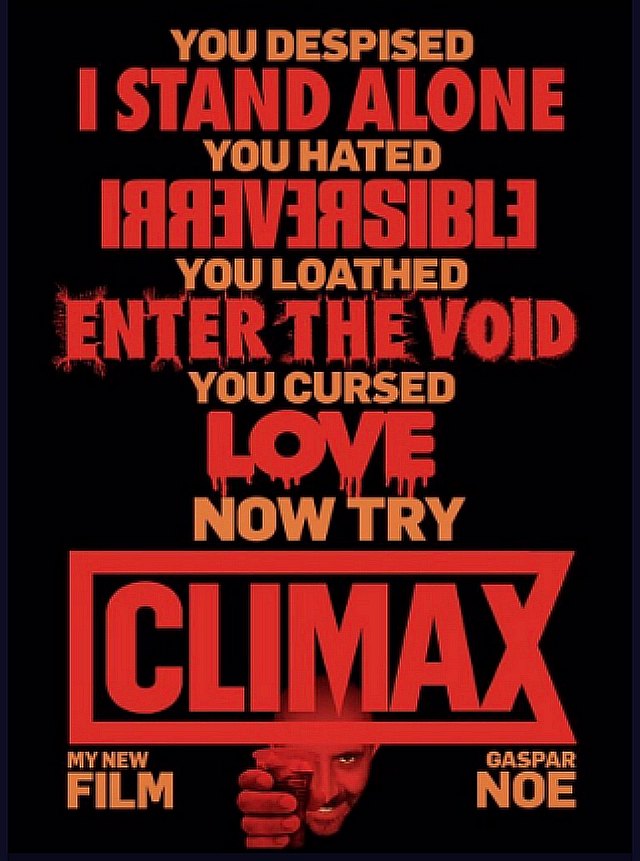Early this afternoon I caught a first-rate, highly recommended Ingmar Bergman doc, A Year In A Life, inside the Salle Bunuel. My plan was to emerge at 3:30 pm and step right into a pink-with-yellow-dot line for the 4 pm Chris Nolan discussion, set for the same venue.
Fuhgedaboudit. The outer lobby was mobbed, wall-to-wall bodies, limited oxygen. Access to the pink-with-yellow-dot line was blocked off, and a security guy told me to head downstairs. I flashed my pass and said, “But I’m here for the Nolan thing, and I’m a pink–with–yellow–dot press guy, which is almost as good as a white pass. Why can’t I just join the other semi-elites and wait in line?”
Sorry but you’re too late, there are too many others waiting, you’re not getting in, etc.
So I went back to the pad to write, read and fold laundry until it was time to line up for my next film, Thunder Road, which was market-screening on rue Meynardier at 8:30. But I got caught up in writing about 2001 and when I arrived at 7:50 pm, I was again told “sorry, you’re too late, line’s too long, you shoulda been here at 7 pm,” etc.
So I’m a free man in Paris tonight. I’m thinking of attending a Cinema de Le Plage screening of Jerzy Skolimowski‘s Le Depart (’67) with Jean–Pierre Leaud. It starts at 9:30 pm, which is when it starts to get dark here.
Midnight update: Le Depart is the worst Skolimowski film I’ve ever seen. Make that the only bad one. It’s a brisk mood comedy of all things. Jean-Pierre Leaud‘s acting could be so grating when he put his mind to it — his performance here is worse than his obnoxious filmmaker boyfriend of Maria Schneider in Last Tango in Paris, and that’s saying something.
Skolimowsky himself introduced Le Depart. “I made this film when I was very young,” he said, “and apparently it’s still watchable.”







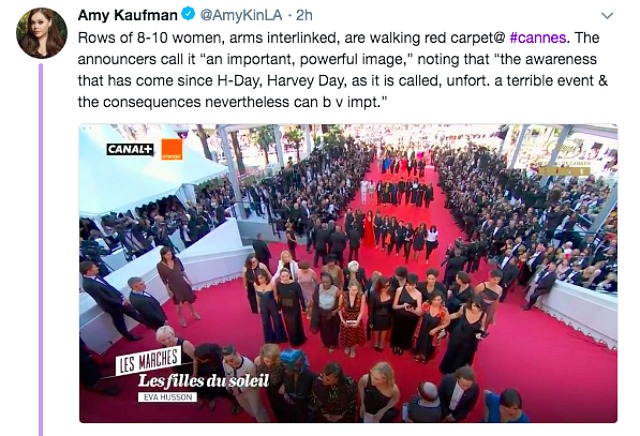
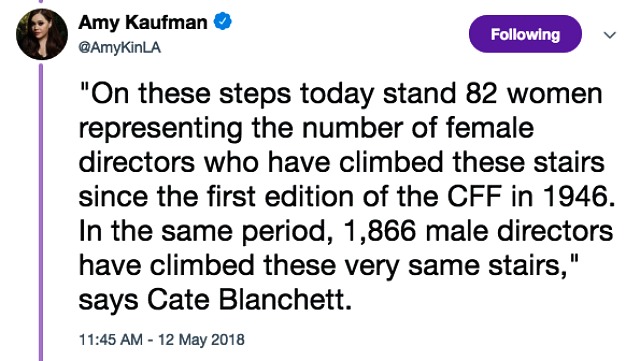
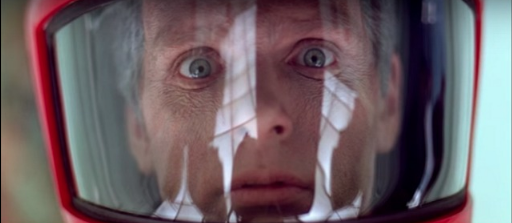
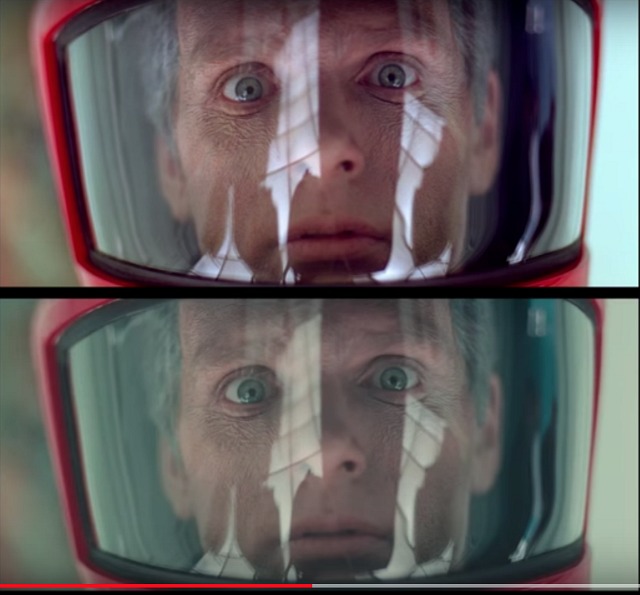 2007 Bluray capture above; unrestored Nolan version below.
2007 Bluray capture above; unrestored Nolan version below. Nolan discussing his non-restored 2001 at the Salle Bunuel earlier today.
Nolan discussing his non-restored 2001 at the Salle Bunuel earlier today.